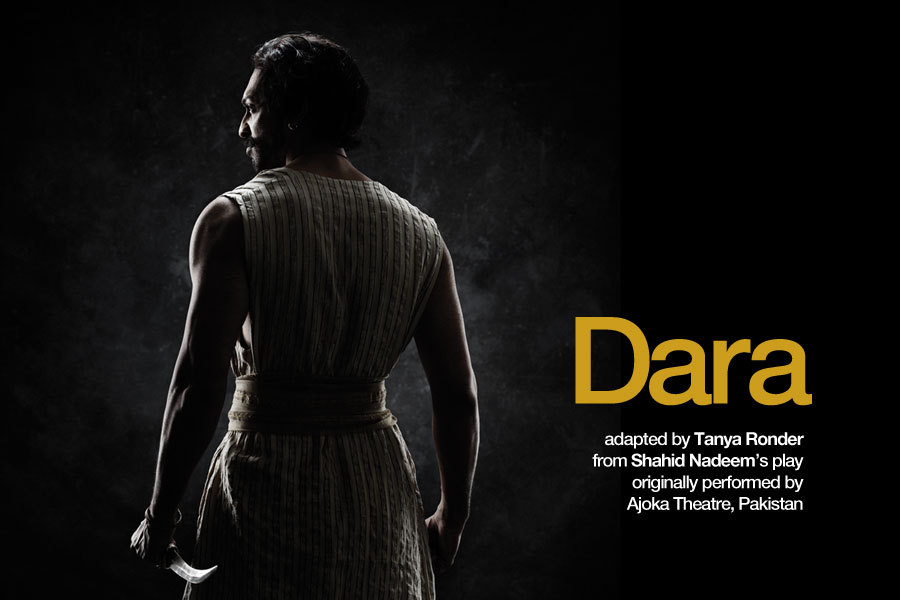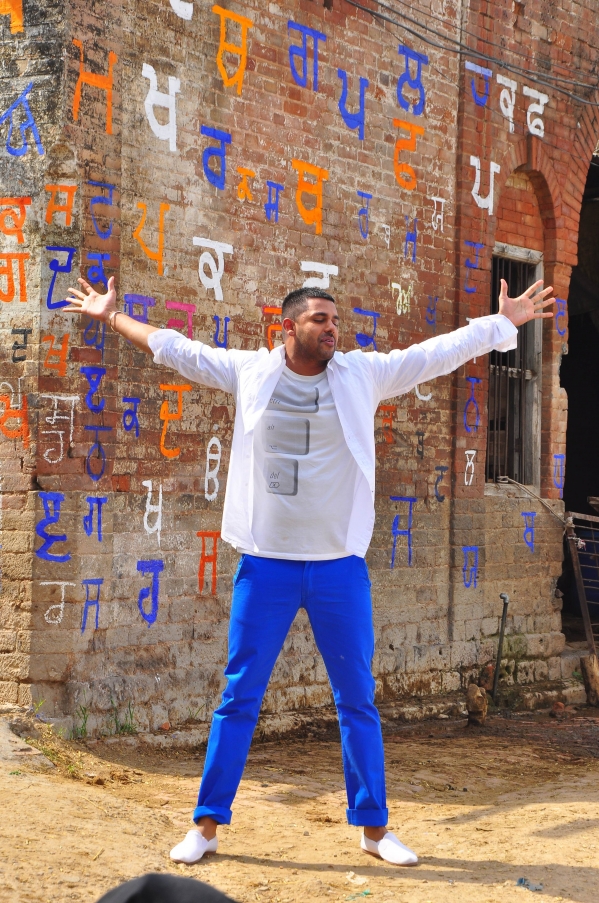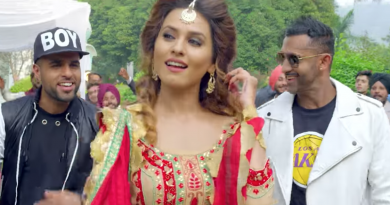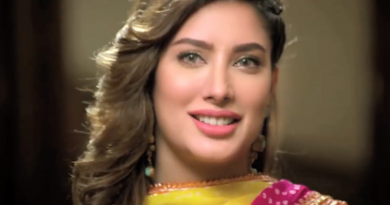Niraj Chag’s Qawwali Inspired Score For Dara
Mughal India in 1659, the imperial court, a place of opulence and excess; music, drugs, eunuchs and harems, witnesses a battle of wills. Two brothers, whose mother’s death inspired the Taj Mahal, are heirs to this Muslim empire. Now they fight ferociously for succession. Dara, the crown prince, has the love of the people – and of his emperor father – but younger brother Aurangzeb holds a different vision for India’s future. Islam inspires poetry in Dara and puritanical rigour in Aurangzeb. Can Jahanara, their beloved sister, assuage Aurangzeb’s resolve to seize the Peacock Throne and purge the empire?
Spanning the princes’ lives from cradle to grave, DARA is an intense domestic drama which is brought to life even more with a stunning score by composer Niraj Chag (Much Ado About Nothing, RSC, 2012).
The soundtrack to Dara takes root in classical Indian music and Qawwali, the devotional music of Sufism. Chag’s score brilliantly combines traditional Indian instruments – such as the santoor, Indian classical violin and Indian percussion – with touches of sharper, modern sounds and textures, invoking the opulence of the royal courts of the enigmatic Mughal Empire.





